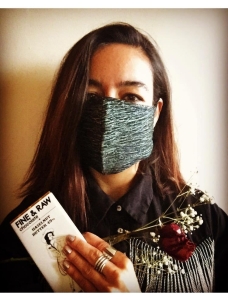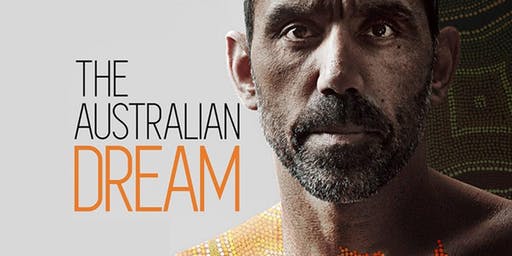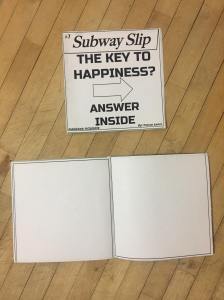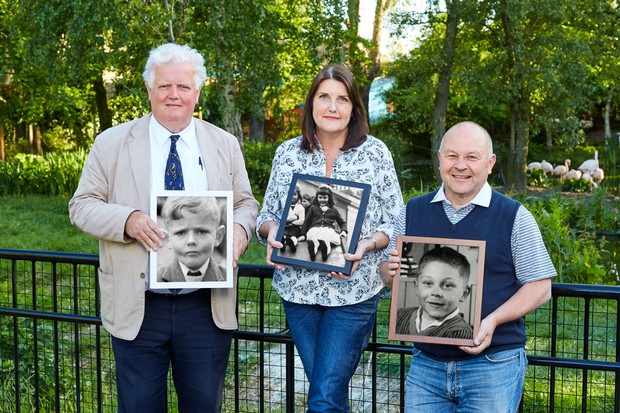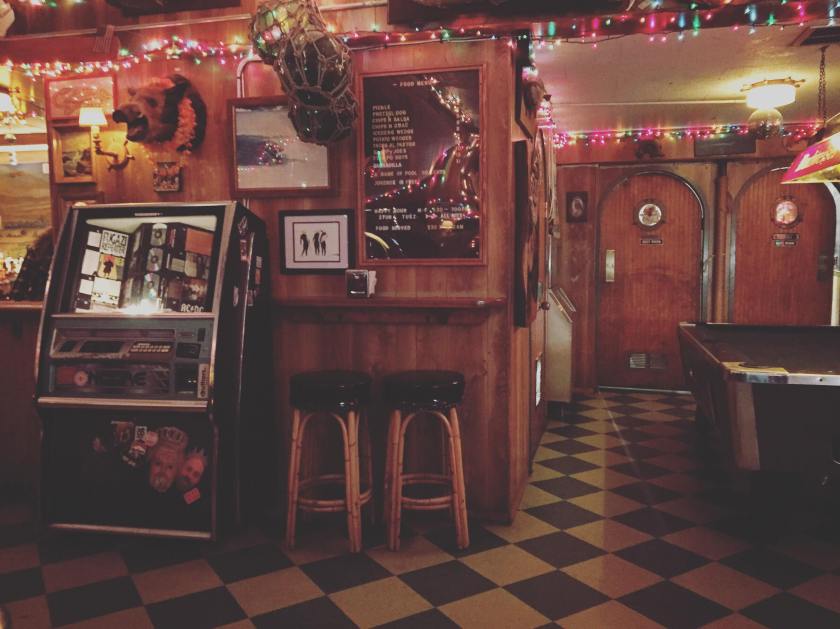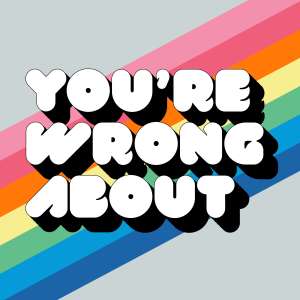
During lockdown in NYC this year I became the last person in the known universe to discover podcasts. I never really understood WHEN a person would listen to a podcast seeing as I wasn’t driving in the city, I listen to music while running, and you can’t listen to a podcast while reading a book. Don’t worry, I get it now. Now that I’m not spending all of my time at gigs or in movie theatres or in bars or eating out, now that I’m barely doing anything involving the external world at all, I get it. You can listen to podcasts while cleaning the house, while cooking, while going on a long walks, while doing pretty much the only things you’re allowed to do during lockdown. A Covid-19 silver lining!
You’re Wrong About is the podcast that that made me fall in love with the medium. Just over two years old now, YWA is a podcast that looks at history through a very unique lens. I love long-form journalism and non-fiction books, and often when I watch a documentary or TV series I think, ‘that story would have been so much better as a New Yorker article’. But YWA would only really work as a podcast; it has made me understand how cool and important podcasts can be.
Sarah Marshall and Michael Hobbes are the hosts of You’re Wrong About; they are both incredibly smart and talented journalists, writers, researchers, and – just as importantly for the show – they are empathic, funny and passionate people who share a touching friendship. The reason they know each other is that Hobbes, before he was even a writer, read Marshall’s groundbreaking piece about Tonya Harding and reached out to tell her how much he admired it. I love that this is how they met – firstly, because I am also a person who reaches out to writers when I particularly love a piece. Secondly, because that piece of writing and the qualities that Hobbes identified in it are exactly the qualities that make their podcast so special. In the article (written years before the film I, Tonya came out) Marshall takes a long revisionist look at Tonya Harding as a human being rather than headline fodder, and it turns out we were very wrong about her.
The bulk of the YWA back catalogue is Marshall and Hobbes telling each other about events and phenomena that happened in near history – 90’s America is their wheelhouse – and explaining what we got wrong about them. From individuals like Lorena Bobbit, Anna Nicole Smith, Amy Fischer and events like The Enron Disaster, Y2K, and Columbine, through to ‘issues’ such as Homelessness, Gangs and The Obesity Epidemic, they talk about things that most people born in the 80s and before will have at least some awareness of. However their reading of events seldom involve new developments, new pieces of evidence, or things we only know about in hindsight. Instead what they do is cast an eye over all of the pieces of the puzzle that were already there, and fit them together in a new way. Their gaze is feminist, fact-seeking, and compassionate. The format is that one host will do the research about a topic, and they will tell the other host who is relatively ignorant about the topic what they have learned. It works partly because the host who is being told the story is the perfect proxy for the average listener; but mostly it works because they have such a loving and respectful rapport. It’s the kind of friendship you have with your dearest friends, where you’re not afraid to make fun of them and call them out on their weaknesses.
It’s a relatively low-tech podcast, with unobtrusive production and subtle editing. One of the things I love about both of the hosts, but especially Marshall, is the unwavering empathy they have for everyone. They are fundamentally decent people. Even when the podcast goes down into the depths of terrible human behaviour, and it does that A LOT, there is never any hatred or vitriol. There are no heroes and villains in the YWA universe, just a lot of humans having very human experiences. This commitment to empathy is truly inspiring.
One of the most instructive moments for me was listening to the OJ Simpson deep-dive, which is already 9 episodes in and hasn’t even reached the trial. The two opening episodes about the woman that OJ Simpson murdered, his ex-wife Nicole Brown Simpson, are sensitive and heartbreaking. Marshall is a person who has clearly spent a huge amount of time walking in the shoes of all of the people involved in this horribly sad story. And yet, even though Nicole Brown was a victim of Simpson’s abuse for almost two decades and she ultimately dies at his hand – and for me at least it’s very easy to think of OJ Simpson as a monster – Marshall will not dehumanise him. Consider this exchange:
Marshall: OJ Simpson did an interview with Playboy in 1976 and he speaks very openly about how much he has been strategising what to do about the end of his football career, and his relationship to fame and basically his fear of experiencing what so many other stars of the sport have experienced which is basically: you matter one day and the next day you don’t.
Hobbes: If this was a podcast about a different person we would talk about how sorry we feel for him, but we all kind of know how he manifested this anxiety.
Marshall: I feel very sorry for him. I feel bad for everyone in this.
There are many such examples in the series of trying to understand why people do what they do, without apologising for or denying the often terrible things they’ve done. The Hobbes-led episode about Jeffrey Dahmer is an excellent example of that. Almost always when they are discussing particular topics, what they are really talking about is structural issues in our society. Sexism, racism, the media, the criminal justice system. Moral panics, sensationalism and diversions show up a lot too. One of the recurring punchlines is: ‘Turns out it was capitalism / the patriarchy all along!’. To get a feel for the overarching themes, the episode Going Postal is an early glimpse into the hosts staking out their territory. The episodes around Sex Offenders, The Victims Rights Movement, Stranger Danger and Human Trafficking are incredibly effective in demonstrating how a desire to protect the innocent and avenge bad things that happen can lead to awful consequences for society, perpetuating systems of repression and inequality.
They will often amplify the voices of people who didn’t fit into a story’s narrative at the time it was told to us. They also add colour to the black and white versions of stories that we were presented. This is part of the reason I think it makes such great pandemic listening. Right now we’re clearly living in a time of so much change but simultaneously, on a daily level, we’ve all had to slow down in some ways. Having someone methodically walk you through something that you’ll never have the patience to research yourself is incredibly satisfying.
It’s also sort of a show about everything. Some of my favourite episodes have been about things I knew nothing about like Terri Schiavo (infuriating!), Marie Antionette (fascinating!), The “Ebonics” Controversy (unforgiveable!), and the DC Sniper (so bizarre!). They even have a multi-part series about the new Jessica Simpson book, and though I haven’t quite brought myself to listen to that yet I trust that they will make it worth my while.
This is not the show to convert people to open-minded, analytical, leftist ways of thinking and being. However, if you are already that way inclined, this show is straight-up crack. Sarah Marshall and Michael Hobbes offer wonderful examples of ways to find joy in a fucked-up world in the small human moments and acts of love they manage to detect in even the darkest stories. Like much of my favourite art, I honestly feel smarter for consuming it. I think it could even make me a better person. Or, at very least, a person who gets podcasts.
https://podcasts.apple.com/us/podcast/youre-wrong-about/id1380008439?mt=2
